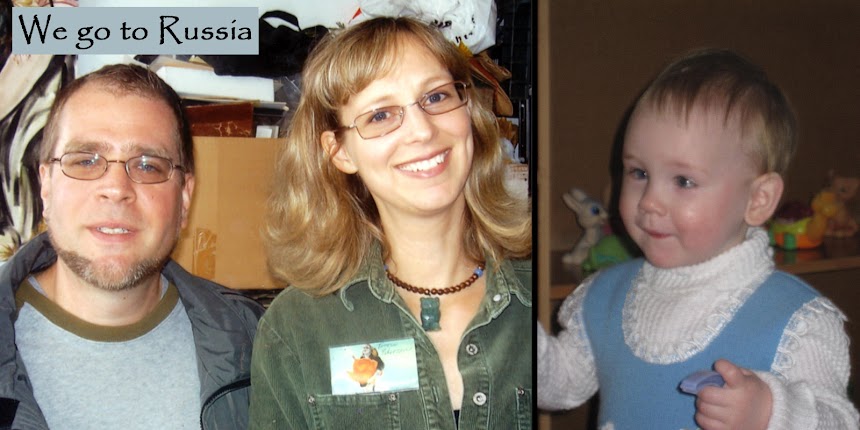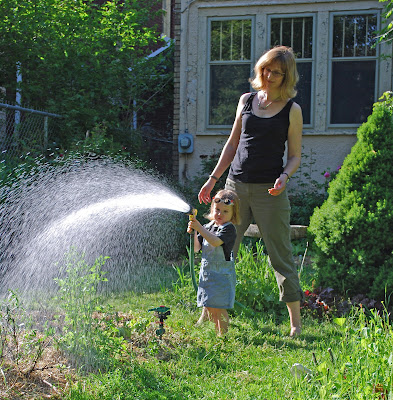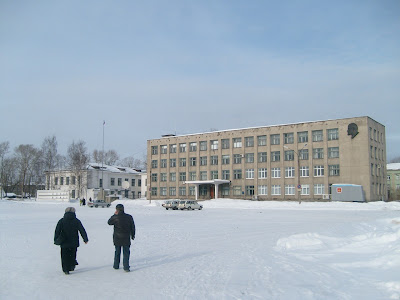Proverbs 14: 31-33, from the Common English Bible:
"Putin Signs Bill That Bars U.S. Adoptions, Upending Families," from the New York Times; dated today:
31 Those who exploit the powerless anger their Maker, while those who are kind to the poor honor God. 32 The wicked are thrown down by their own evil, but the righteous find refuge even in death. 33 Wisdom resides in an understanding heart, but it’s not known in fools.We're not the most religious of folk, but then Proverbs is far from the most religious book in the Bible. Most translations render the word "powerless" in the headline as "poor," but I like this translation, because it appropriately describes the following:
"Putin Signs Bill That Bars U.S. Adoptions, Upending Families," from the New York Times; dated today:
President Vladimir V. Putin signed a bill on Friday that bans the adoption of Russian children by American citizens, dealing a serious blow to an already strained diplomatic relationship. But for hundreds of Americans enmeshed in the costly, complicated adoption process, the impact was deeply personal....
The law calls for the ban to be put in force on Tuesday, and it stands to upend the plans of many American families in the final stages of adopting in Russia. Already, it has added wrenching emotional tumult to a process that can cost $50,000 or more, requires repeated trips overseas, and typically entails lengthy and maddening encounters with bureaucracy....
The bill that includes the adoption ban was drafted in response to the Magnitsky Act, a law signed by President Obama this month that will bar Russian citizens accused of violating human rights from traveling to the United States and from owning real estate or other assets there....






























